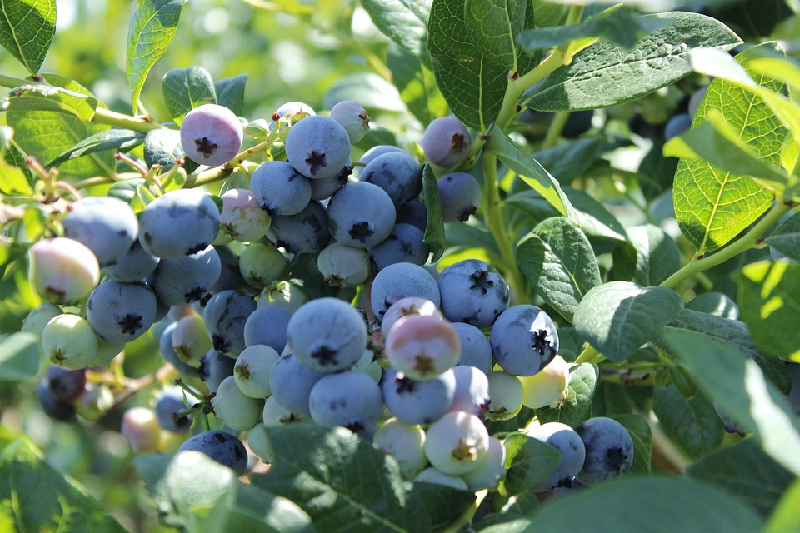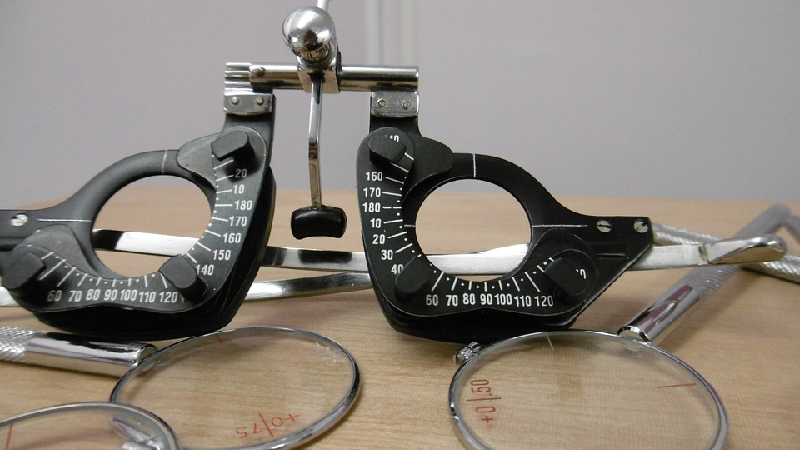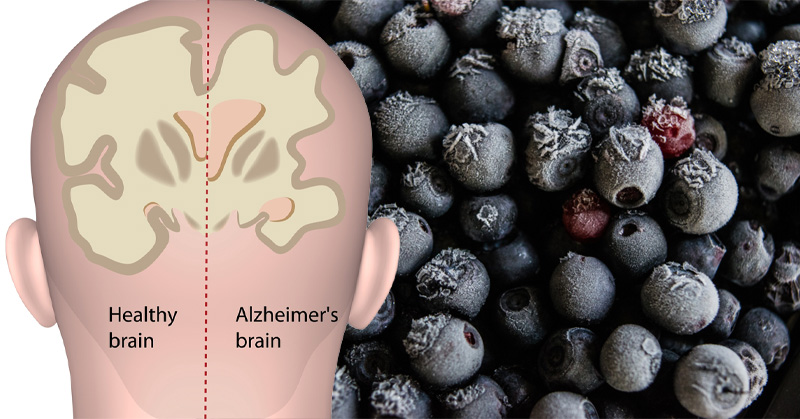Bilberry, you may notice, sounds similar to blueberry. There is a reason for that—the two are related to each other. Both are small, dark blue, and both are used in pies and jams. Furthermore, both fruits are full of nutrients. And for centuries, people have used bilberry health benefits to treat a variety of conditions.
To reap the various bilberry health benefits, include plenty of this fruit in your diet. Discover the many ways bilberry can improve your health by reading the list below.

Here are 7 bilberry health benefits:
1. Improves Vision

Bilberry health benefits start with the fruit’s ability to improve vision. It contains anthocyanosides, which can improve night vision as well as vision handicaps in low light. This decreases vascular permeability and capillary fragility. In fact, in World War II, British fighter pilots saw an improvement in nighttime vision after eating bilberry jam.
Plus, bilberry can treat damage to the retina, and has exhibited protective behavior against macular degeneration, glaucoma and cataracts.
2. Helps Improve Circulation Problems
Health care professionals in Europe use bilberry extracts to treat problems with circulation, such as CVI. This occur when valves in veins in the legs that carry blood to the hart are damaged. Research, however, suggests this condition may be improved by taking bilberry extract.
And similar research indicates that taking bilberry anthocyanins daily for up to six months may improve symptoms associated with CVI. These symptoms include swelling, pain, bruising and burning.
3. Improve Bad Cholesterol
Bilberry health benefits also include a powerful strengthening of blood vessels. This helps prevent the oxidation of LDL, or “bad” cholesterol, which is a huge risk factor for heart attack and stroke.
One study found that bilberry, in comparison to black currants, reduced total and LDL-cholesterol levels. Additionally, the total anthocyanin content was four times higher in bilberries than in black currants. This makes it, perhaps, a better option for reducing LDL cholesterol levels. (1)
4. May Improve the Blood Sugar in Diabetics

Research shows that move berries effectively help reduce the body’s glucose response after eating a high-sugar meal. This is particularly true when subjects consumed the berries with oatmeal. However, more research is needed.
And, traditionally, it’s the leaves of the bilberry that have been used to control blood sugar in those who have diabetes. Although, this research indicates both the fruit and the leaves may be useful for diabetics who wish to reap bilberry health benefits.
5. Help Prevent Cancer
Bilberry health benefits also include fighting cancer. In vitro studies show that bilberry anthocyanins have cancer-preventive qualities. Furthermore, they have suppressive activity because of the antioxidants present, and the berries also have anti-inflammatory properties. One study, in fact, saw that the anthocyanin extract from bilberry was effective at stopping the growth of colon cancer cells. (2)
6. Effective for Treating Diarrhea
For many years, bilberry health benefits have included the ability to treat diarrhea. The fruit contains tannins, which are substances that are both anti-inflammatory and astringent. This helps tighten and constrict tissues as well as reduce inflammation in the intestine. As such, bilberry is effective at reducing diarrhea symptoms.
7. Lower the Risks of Alzheimer’s Disease
Evidence suggests that various fruits and vegetable juices, ones that contain phenolic compounds, may reduce the risk of Alzheimer’s disease. In fact, studies show that in some cases, those who suffer from Alzheimer’s saw a dramatic drop in symptoms upon treatment with myricetin, quercetin or anthocyanin-rich extracts found in bilberry. In this regard, bilberry health benefits those who suffer from Alzheimer’s by alleviating behavior abnormalities. (3, 4)
Start reaping bilberry health benefits today. For example, you can consume the berry, make a juice with it, or make tea with the leaves.


